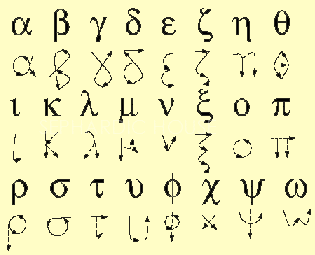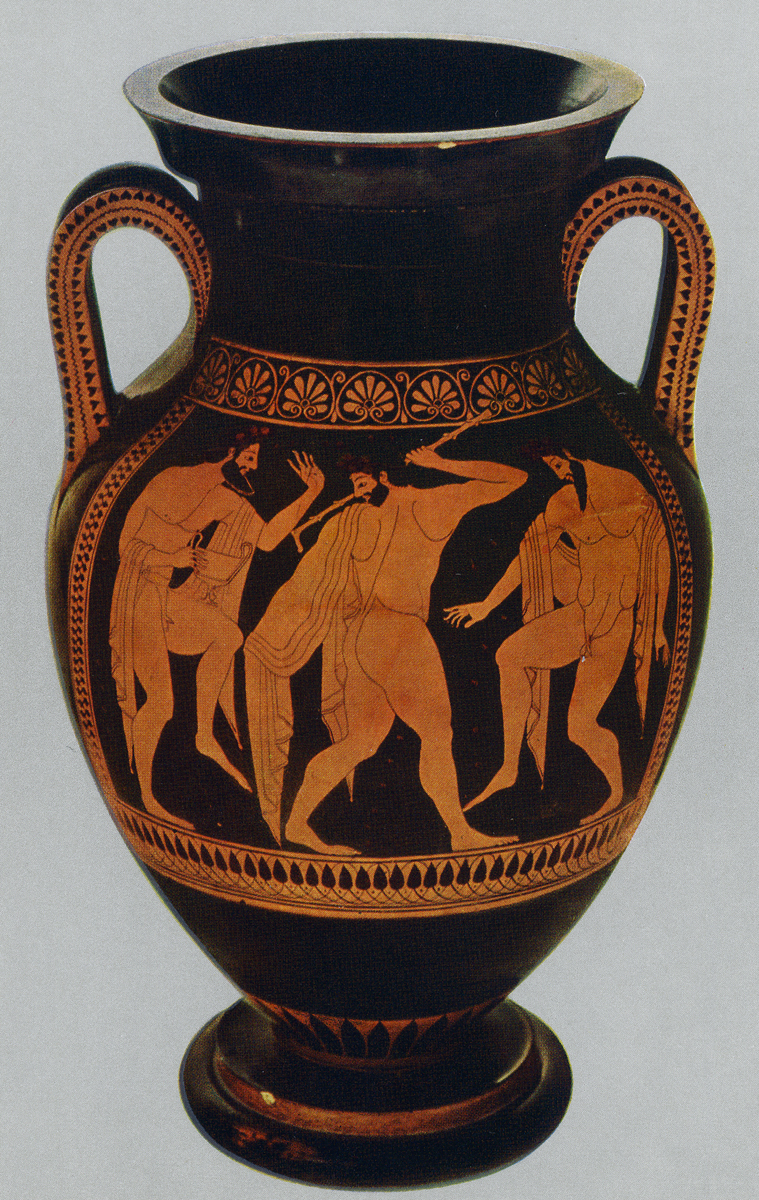Because Autolycus' name is of Greek origin, I thought we'd get into a Greek mood, here are pictures of ancient Greek architecture, the Greek alphabet and of course we can't leave out a Greek pot.



With Autolycus speaking of himself: "My father named me Autolycus,' he tells us, 'who, being, as I am, littered under Mercury, was likewise a snapper-up of unconsidered trifles.' This single sentence compresses several Greek-mythological pieces of text... that tell the story of the master thief Autolycus, son of the god Mercury. While Shakespeare's Autolycus is 'littered under Mercury' in the sense, one presumes, that he was born when the planet Mercury was in the ascendant, his namesake was actually sired by the god Mercury, inheriting from his father the magic power to transform stolen booty into new, unrecognizable forms... Shakespeare's Autolycus does his namesake proud. He, too, is 'a wyly pye' who 'in theft and filching' has no peer. His link to Mercury--the trickster god, god of thieves, lord of roads, known primarily for his 'subtle cunning'--gives Shakespeare's Autolycus a quasi-mythological status, casting a kind of glamor on his thieving."
We read an interesting line from Autolycus just as he sees the old Shepherd and the Clown approaching as "gentlemen," that I'd be interested in hearing opinions on. He says: "Here come those I have done good to against my will, and already appearing in the blossoms of their fortune." To me his mood seems a stark contrast to his mirth after the festival. Then he went on and on about how if he wanted to be honest, fortune wouldn't let him for all the opportunities to capitalize on fools. Monetarily he has no less than before, but because those he robbed profited more by his con than he did, he is no longer the chuckling, can do no wrong, con man. I guess this 'god of thieves' wasn't ever was as happy as he thought.
If you would like to read more about our friend Autolycus, you can look up:
Mowat, Barbara A. "Rogues, Shepherds, and the Counterfeit Distressed: Texts and Infracontexts of the Winters Tale 4.3." Shakespeare Studies 22 (1994): 58. Print.


